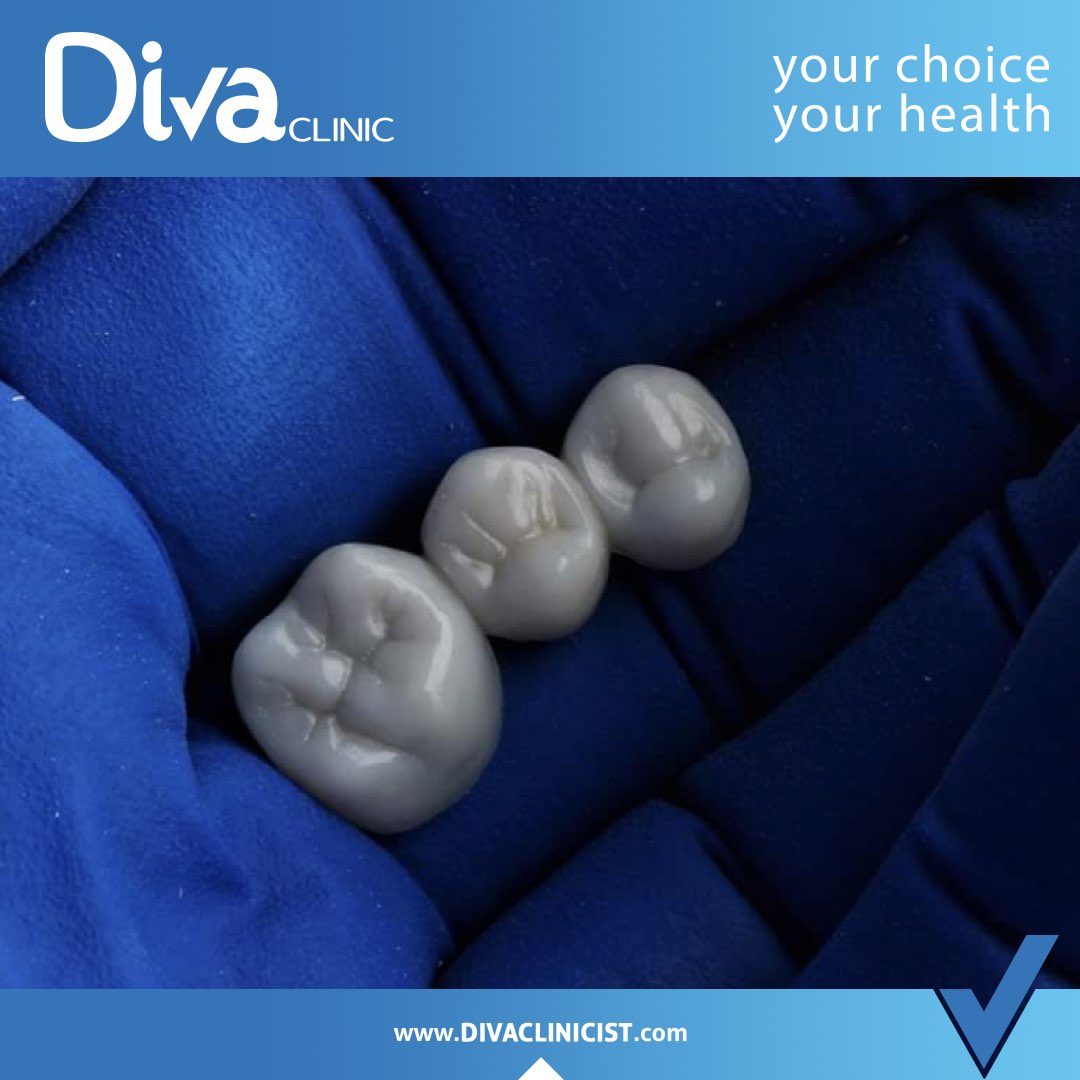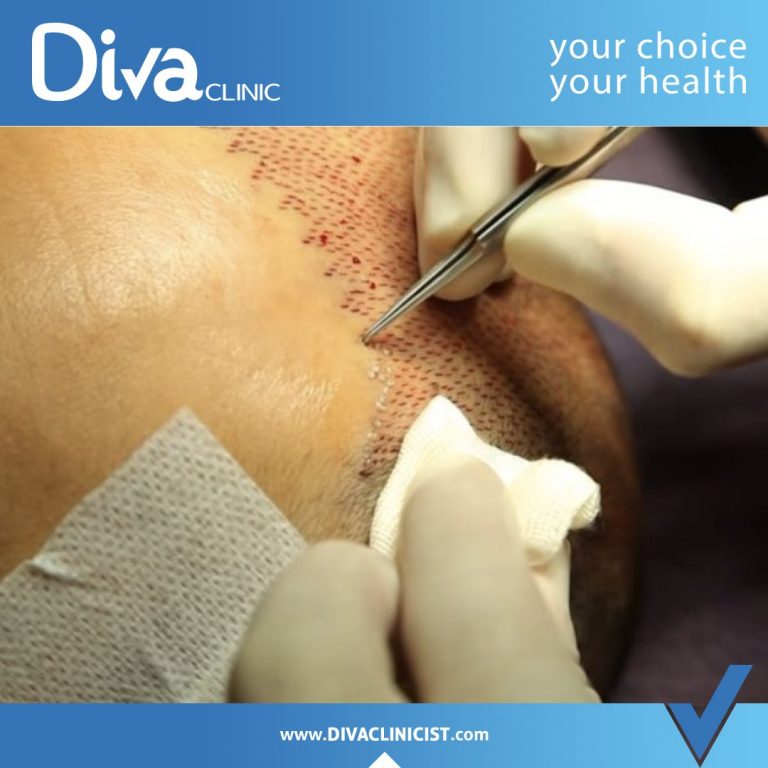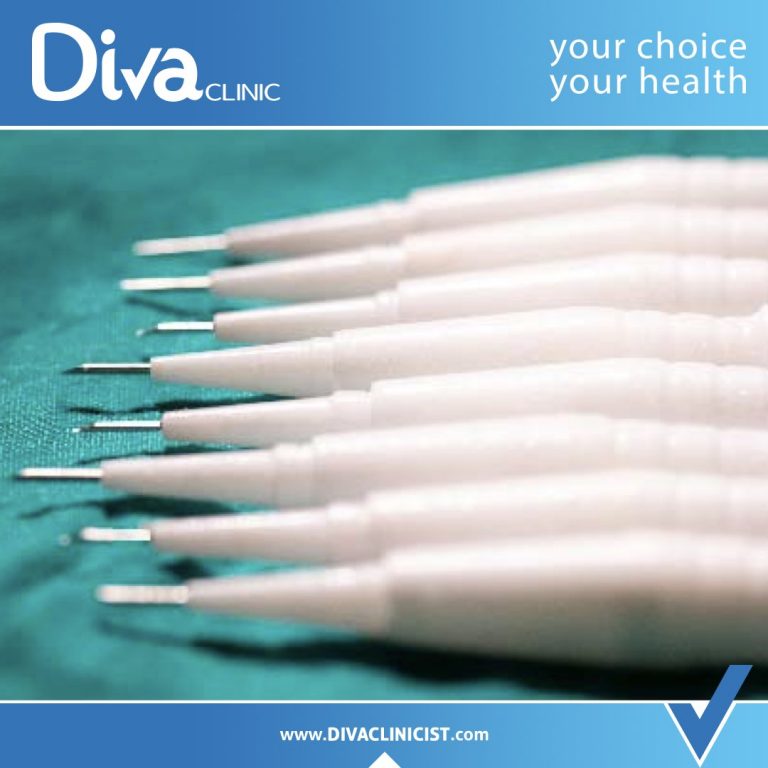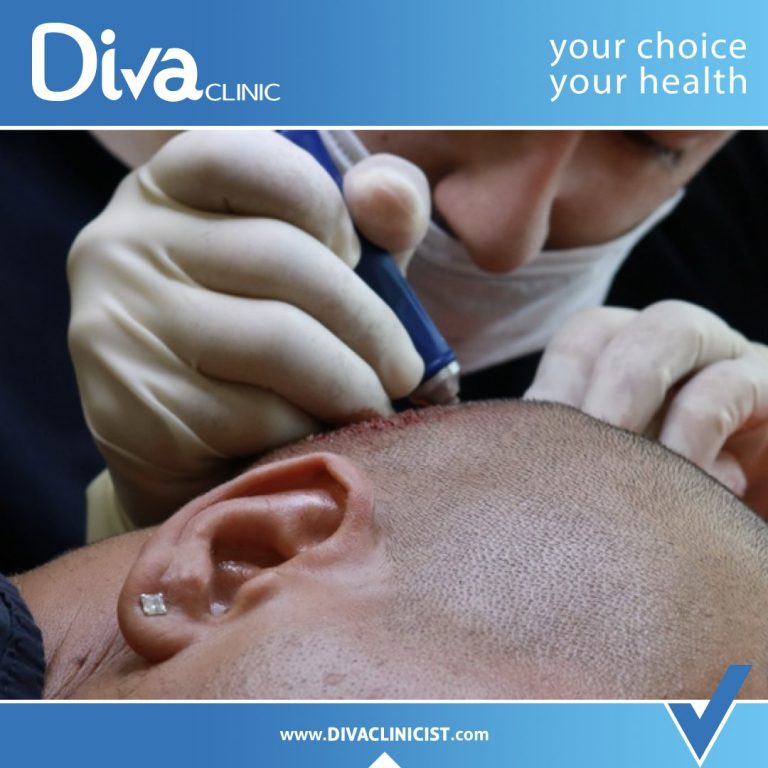What is dental zirconia?
Dental zirconia is zirconium dioxide (ZrO2), a powdered form of zirconium. Since the 1990s, zirconia has been used for endodontic posts and implants. (Endodontic post helps to retain restorations and fillings as well as crowns.)
Zirconia has various medical uses. It is extremely durable and 100% biocompatible; zirconia is used for various prosthetics in surgeries of the hip, finger and ear.
Types of zirconia
There are two types of zirconia: solid and high translucent. Both of them can be made using CAD-CAM technology.
Solid zirconia
- As the name suggests, solid zirconia is tougher compared to the high translucent zirconia. It can withstand dental troubles.
- Solid zirconia also suits root canal treated teeth, by offering stronger support to weaker teeth.
- As it’s opaque, it is more suited for posterior/ back teeth.
High translucent zirconia
- This is a type of zirconia which gives a superior look that exactly resembles one’s natural teeth. It is more suited for anterior/ front teeth.
- Though it is aesthetically superior, it is higher in strength compared to Porcelain Fused to Metal bridges (PFM).
- If you need extensive orthodontic treatment to correct the alignment of your teeth, your dentist may prefer not to use high translucent zirconia.
Advantages of Having Zirconium Crown
Zirconium is becoming one of the most preferred materials for dental crowns. Its many advantages include:
- Superior looks: Zirconia allows the transformations (aging, dental abnormalities) to any shade which match the rest of your teeth, mimicking the translucency of your natural teeth.
- More confident smile: zirconia has no metal lining on the gums. Porcelain fused to metal crowns were previously popular, however they have a metal layer underneath the porcelain layer which is on top of the crown. This fusion / metal lining is visible usually on the gum line. This is more evident when you smile. Zirconia crowns overcome this issue and boosts confidence. You can also give zirconia any shape/ size to match the rest of your teeth.
- 100% biocompatible: To date, no zirconia crown allergy has been reported.
- Extraordinarily tough: zirconia is the strongest crown, it can withstand wear and tear. It does not chip off, unlike porcelain. If you maintain it well, it can stay in your mouth forever. It is at least five times stronger than porcelain or porcelain fused to metal (PFM). Zirconia has a flexural strength of 1200 MPa. (Flexural strength is the force that your crown tolerates.)
- They bond well with your tooth: zirconia crowns adhere well to your tooth. One of the reasons why PFM crowns were the preferred choice is that the metal surface bonds well with the tooth and holds the crown in place. Zirconia also maintains the same property.
The aesthetic advantages:
The aesthetic effects alone of a zirconia crown should be the biggest advantage it can give. It is important that you have dental crowns that will look natural especially if it will be placed on the front teeth and will be visible beside the natural teeth.
The capacity of zirconium to be modified, according to the set of teeth it will be placed alongside is particularly important. Zirconium crowns will not only replace a tooth but it can be shaped so that it will look better than the original piece. This leads to a perfectl, natural looking smile.
Advantages of Zirconium Crowns over Gold Crowns and Porcelain Crowns
It is a fact that gold crowns have been used by many people for so many years and it is well tolerated by the body. However, it is still better to be able to show the natural effect when you smile. Add the fact that gold is metal and some people do not like having metals in their body.
Zirconium crowns are definitely more robust than porcelain crowns. They also last longer, compared to porcelain that chip and break.
Porcelain crowns also need to be fused to a metal base and the metal is a black unattractive line that appears above the gums of those with porcelain crowns.
Since Zirconium crowns are milled from a chunk of crystal, they are guaranteed to be at least 5 times stronger than porcelain and its metal fuse. Zirconium crowns also provide strength without that bulky appearance that porcelain is known for.
Zirconia crowns can be fitted in one session.
Disadvantages of Using Zirconium Crowns:
- May wear out the opposing teeth: as zirconia crowns are too tough, they may prove stronger against your natural teeth.
- Secondary caries/tooth decay: another disadvantage is that, although the crown itself will be almost indestructible; the decay underneath it caused by the abrasion of the hard material against the other teeth is unnoticeable. You will only realize that there is decay once the crown falls off.
- Expensive: zirconia crowns may cost more than other crowns. However, it’s a once in a lifetime investment if they are well maintained. If you go for a low-cost crown, they may chip easily and prove expensive in the long run.













